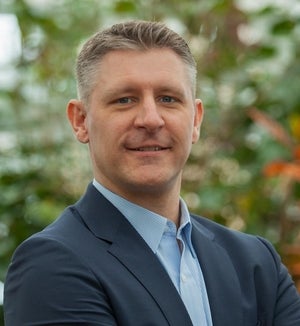Waterloo researchers are deeply involved in research and innovation to accelerate climate action in Canada and around the world. Through an interdisciplinary lens, the Waterloo Climate Institute supports and amplifies this collective research and acts as the focal point for climate change research, training, and knowledge mobilization at the university.
Our mission is to elevate and enhance the impact and excellence of innovative interdisciplinary research and education that empowers business, government and civil society to respond effectively to the climate crisis. We achieve this by bringing together our research community and partners around strategic priorities that advance climate change solutions at the local, national, and international scales.
We tackle interdisciplinary research through six interconnected research themes:
The Climate Institute office is situated at the University of Waterloo, which is part of the Haldimand Tract, the land granted to the Six Nations that includes six miles on each side of the Grand River. Much of our work takes place here on the traditional territory of the Neutral, Anishinaabeg and Haudenosaunee peoples, and we acknowledge that these peoples have been caretakers of this land for millennia and we have much to learn from them. We have a responsibility to ensure that our work to address climate change through research, education, knowledge mobilization and community building is aligned with reconciliation efforts and we are committed to collaborating with Indigenous peoples in our community to advance this work.
To stay informed about our upcoming events and opportunities, subscribe to our mailing list. For media inquiries, please contact us at climateinstitute@uwaterloo.ca.

Meet the Executive Director
Sarah Burch is an expert in transformative responses to climate change at the community scale, innovative strategies for making progress on sustainability, and the unique contributions that small businesses can make to this solving this complex challenge.

Meet the Managing Director
Simon Glauser oversees the strategic planning and operations, and the development of the Waterloo Climate Institute's membership and partnerships.